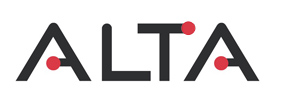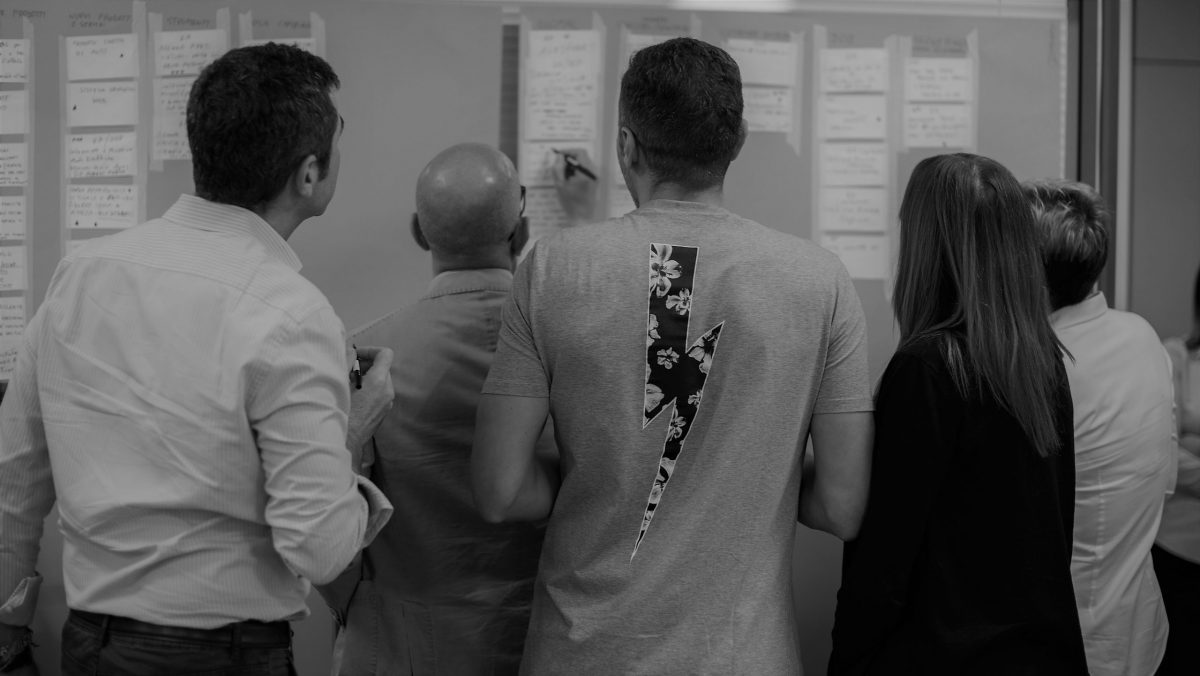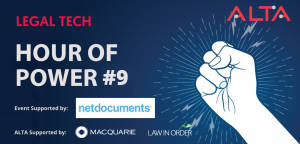Technology is Nothing Without Human Empowerment
Jackie Garton, Head of Regulatory and Compliance, icourts
“Technology is nothing. What’s important is that you have a faith in people, that they’re basically good and smart, and if you give them tools, they’ll do wonderful things with them.” Steve Jobs
As the Chairman and co-founder of Apple, Steve Jobs knew a thing or two about leveraging technology to build a successful organisation and bring about societal change. Technology is nothing without people and even the smartest technology in the world will fail to deliver meaningful outcomes if it isn’t supported by human capital. Technology is a tool, and it should, theoretically, make life simpler/easier/better for people.
The idea that you can just deliver technology to people and ‘they’ll do wonderful things’ is probably a little over-optimistic. How many of us have worked in an organisation where vast amounts of money, blood, sweat and tears was invested in a shiny new technology platform only for it to fail to deliver or become obsolete in a laughably short time.
Consulting firm McKinsey reports that 70% of digital transformation projects fail to deliver improved business performance, whilst Harvard Business Professor Clayton Christensen claims that 95% of technical product innovations fail.
To empower your team to succeed with new technological tools, you need to support them through the transition. This make-or-break element is often delivered by human expertise in the form of a services provider. As both developer and consultancy, the team at icourts have delivered many successful digital transformations in the legal industry. Over the years, we have identified five key ingredients to ensure success.
1) The right tools
You wouldn’t use a sledgehammer to crack open a nut – the same logic applies when scoping a legal technology stack. Some matters are too small to justify the expense of hosting on large international eDiscovery platforms, but that doesn’t mean you have to review hardcopy documents.
Simpler review platforms such as Doculitix provide fit-for-purpose document hosting with search and redact features. If the matter continues to grow, we recommend migrating the existing data into a more scalable and feature-rich eDiscovery platform with advanced analytics and AI.
This agile approach to data hosting delivers the maximum value to our clients throughout each stage of their matter.
2) Communication
Technology is almost certainly destined for the digital scrap heap if you don’t get the ultimate ‘buy-in’ of the end-users. From the outset, the technology vendor and the client need to engage in open and collaborative communication. What is the client’s problem or pain point? What are the existing workflows and systems? Who are the ultimate users of the technology? What is the end user’s current skill set/level of knowledge? Once you have conducted a thorough people-centric scoping of the client’s organisation you can establish if your technical solution will genuinely help improve their legal practice. Spending this time to build deep understanding from the outset establishes lasting relationships built on trust.
3) Education
Even the most sophisticated technology and processes are worthless unless it simplifies life for the end-user. We try to cultivate an understanding of the benefits of using technology to its full potential in our clients. Education is essential for clients who have had limited exposure to the technology – demonstrating how features will benefit the client’s project illustrates how the technology can solve their real-world problems.
4) Feedback loops
Delivering new technology to a client is not just a matter of migrating their data over, demonstrating the features and riding off into the sunset. Good technical solutions are continuously evolving – that evolution requires a robust feedback loop with the users on the ground. Is the product delivering everything it promised? Are there any tedious manual tasks remaining? Have the needs of the client changed? Can the technology adapt to meet those needs?
5) Continuous innovation
The legal sector, like all industries, is continuing to change at a monumental pace. Innovation and disruption are more than just buzz words; they are a daily reality in business. If technology does not innovate, it becomes obsolete. Well established feedback loops between the technology provider and client do more than deliver excellent service – they provide the building blocks for continuous innovation. As technology providers, we must always be asking, ‘Have the needs of my client changed – can the technology improve to meet those needs?’
How we can help
We provide a range of technology solutions to increase the efficiency of eDiscovery, litigation and eTrials, such as the document review platform Docultix. We also deliver consulting and advisory services to ensure your team is served the ideal technical tools for the job and your team can get the most out of them.
For more information, visit our website icourts.com.au or reach out on 1300 007 701 or contact@icourts.com.au.
About the Author

Jackie Garton, icourts
A big believer in the ability of technology to simplify the practice of law, Jackie Garton is a marketing professional and qualified lawyer specialising in eDiscovery and legal technology at icourts. At icourts, we help law firms, corporations and governments harness technology for litigation, compliance, and investigations.
Connect with Jackie on LinkedIn.




